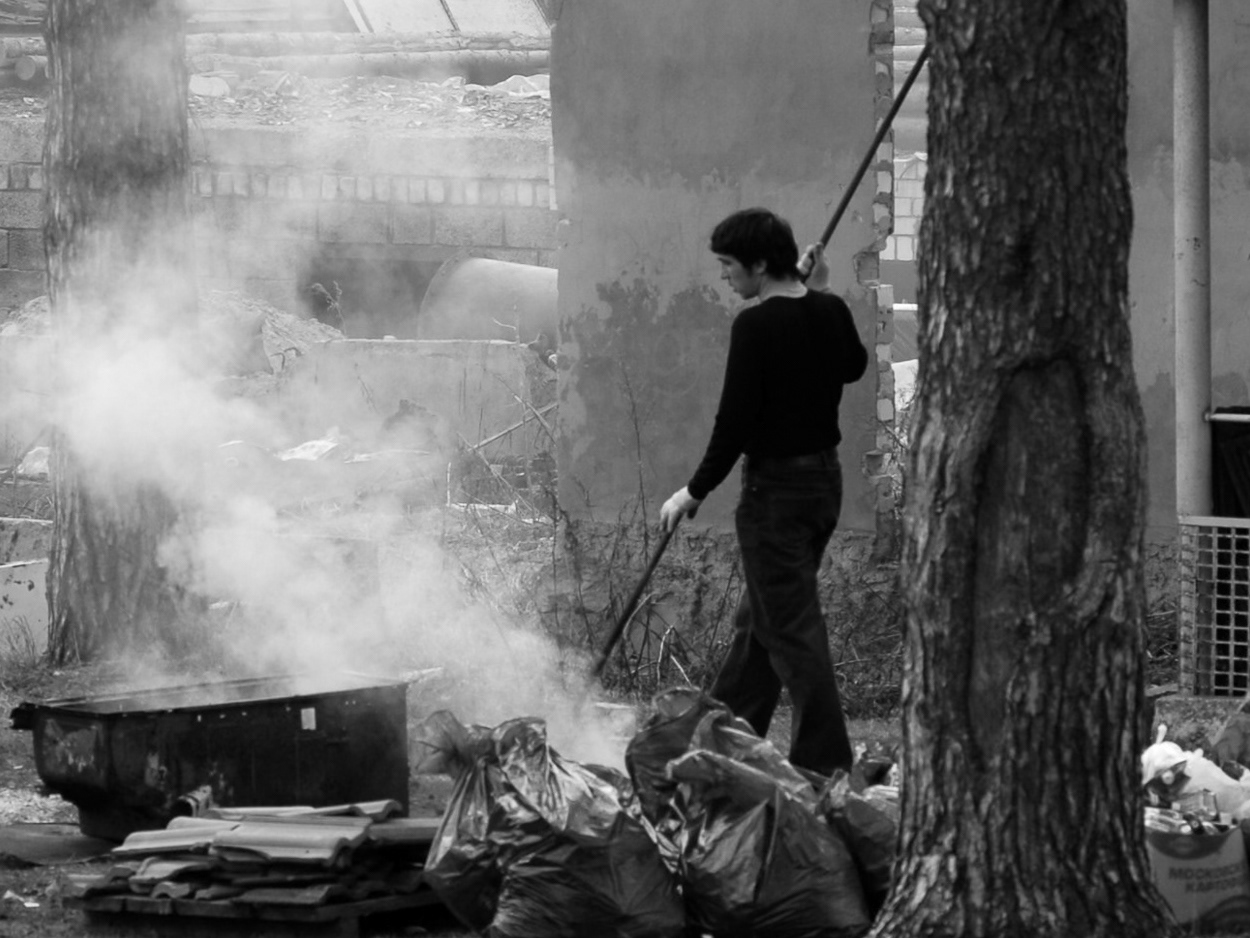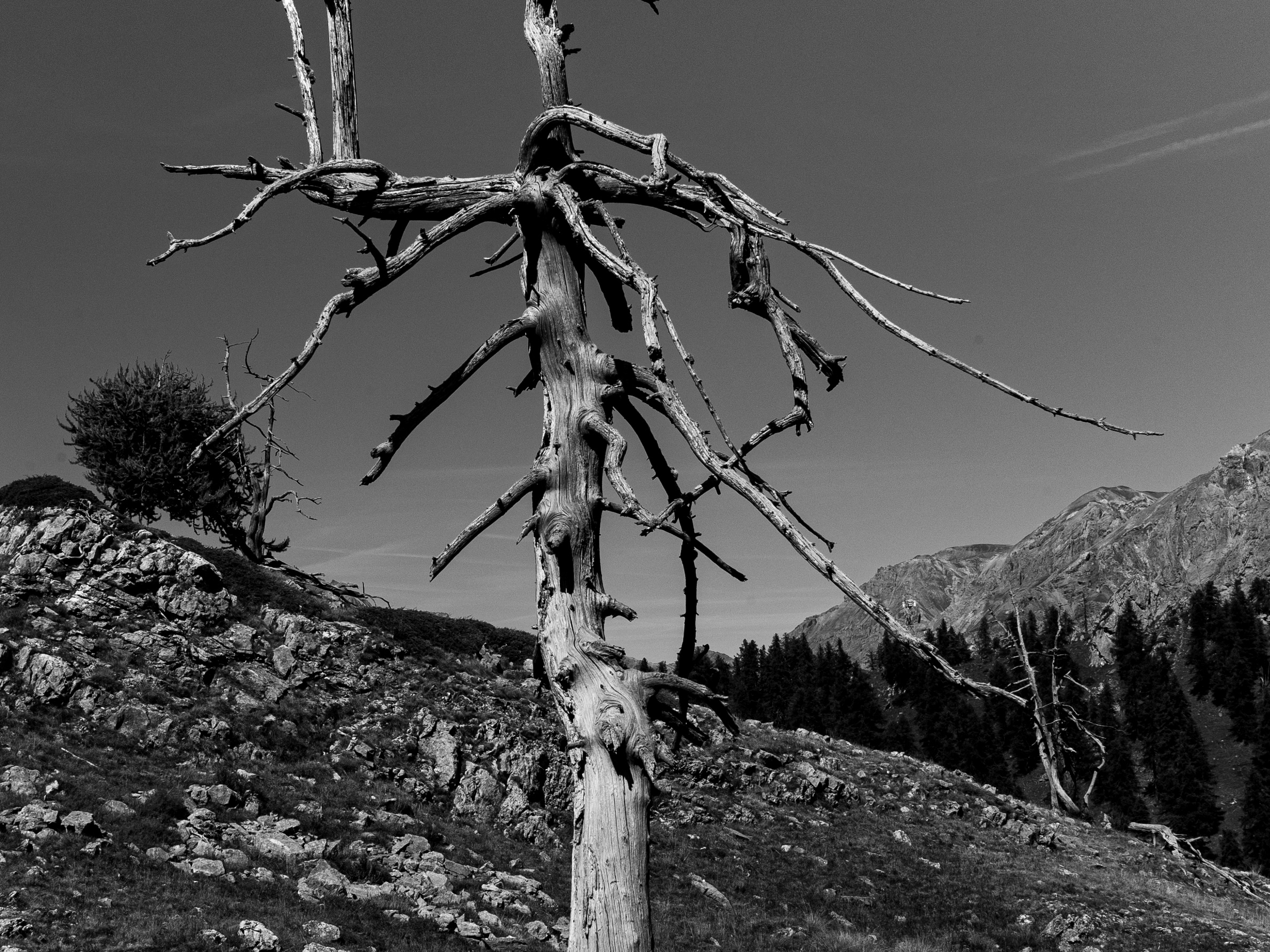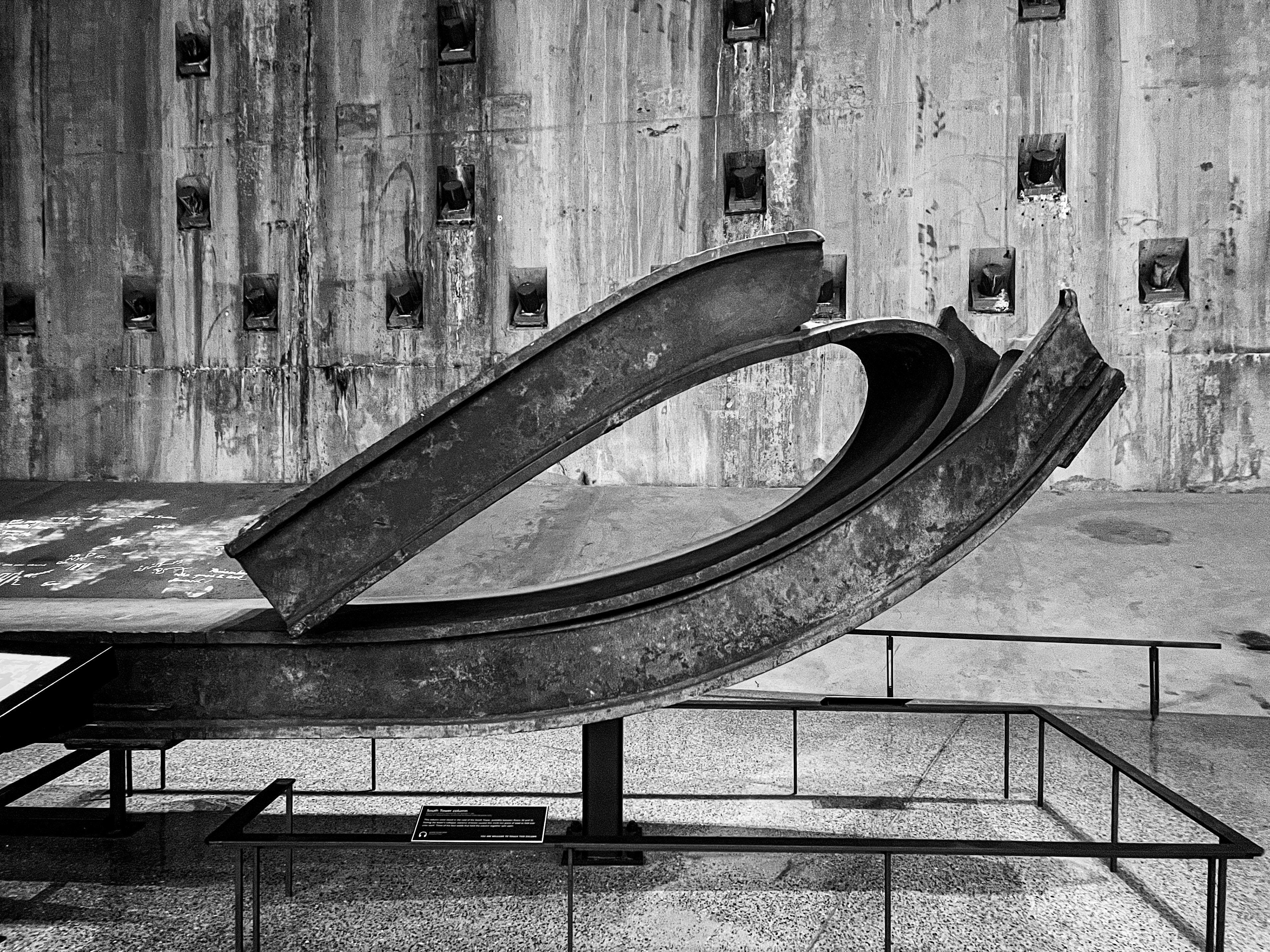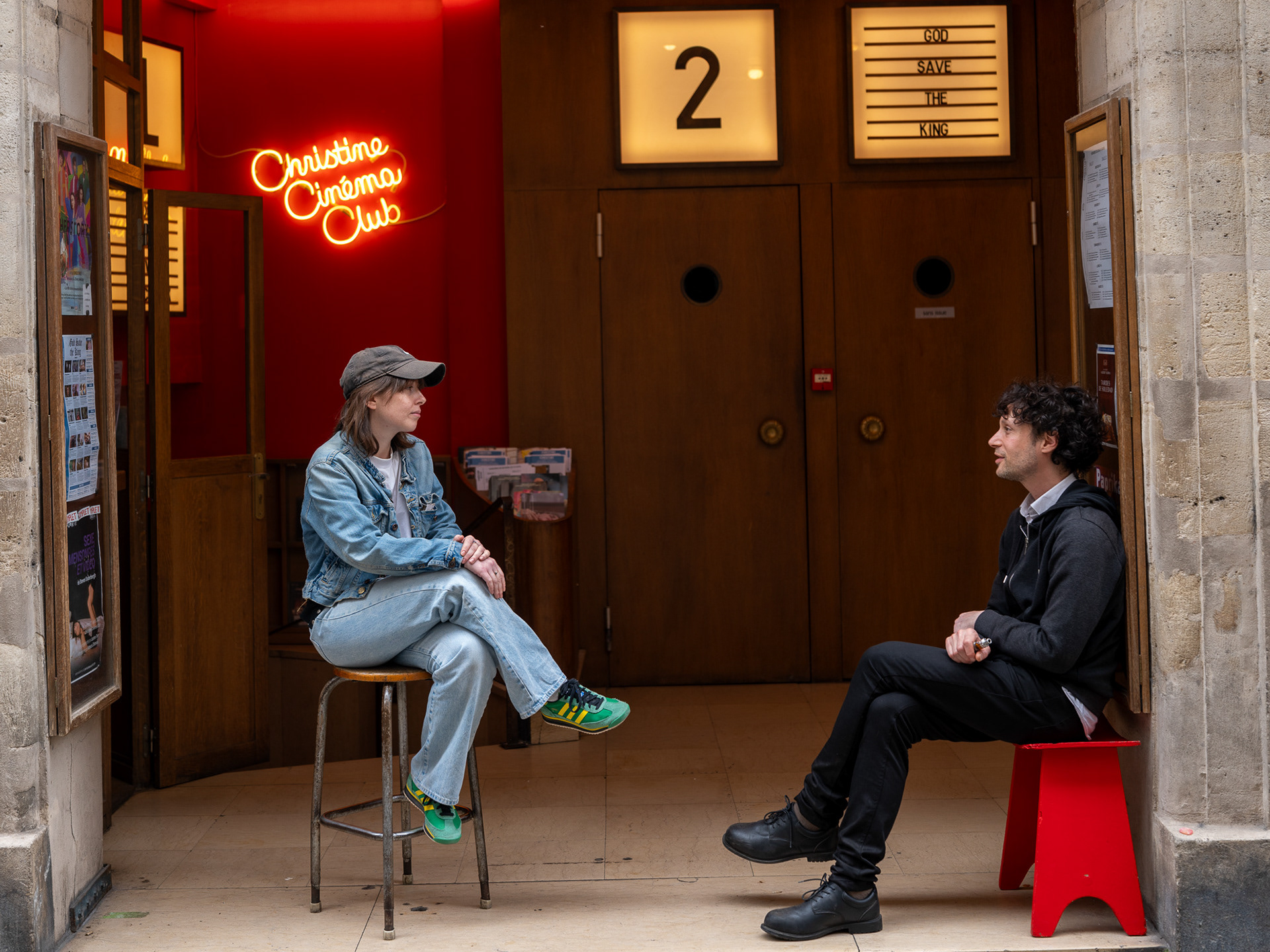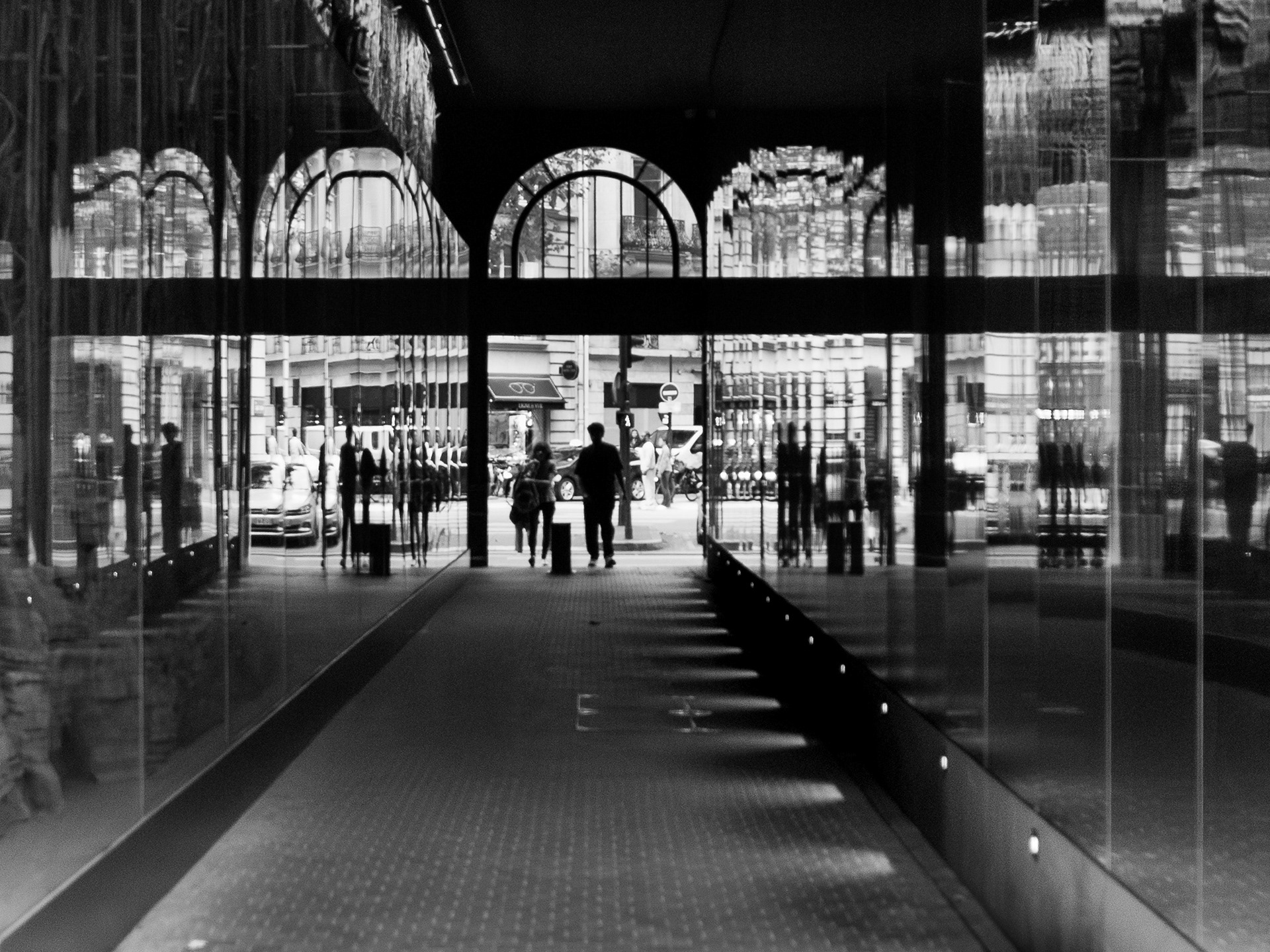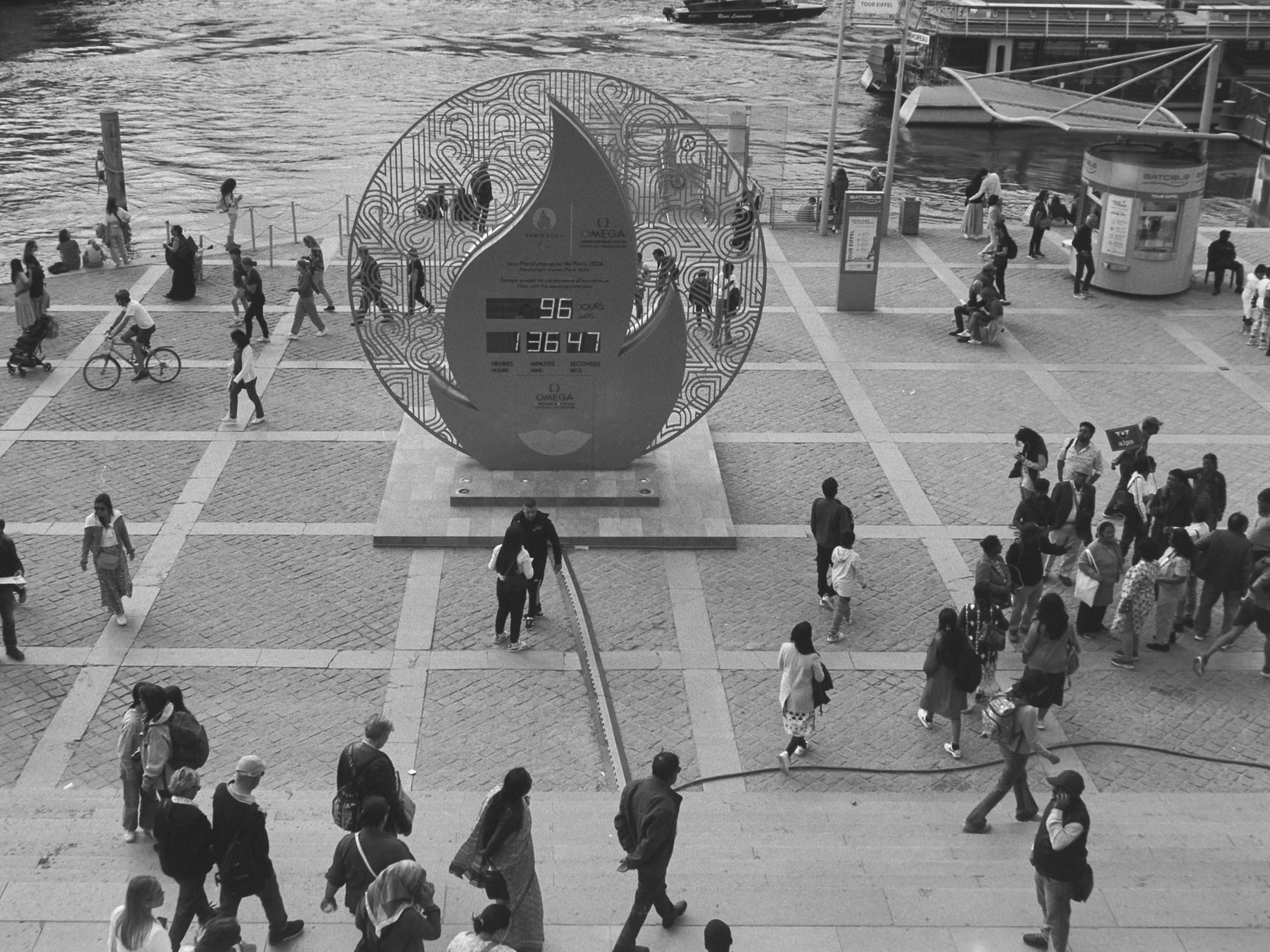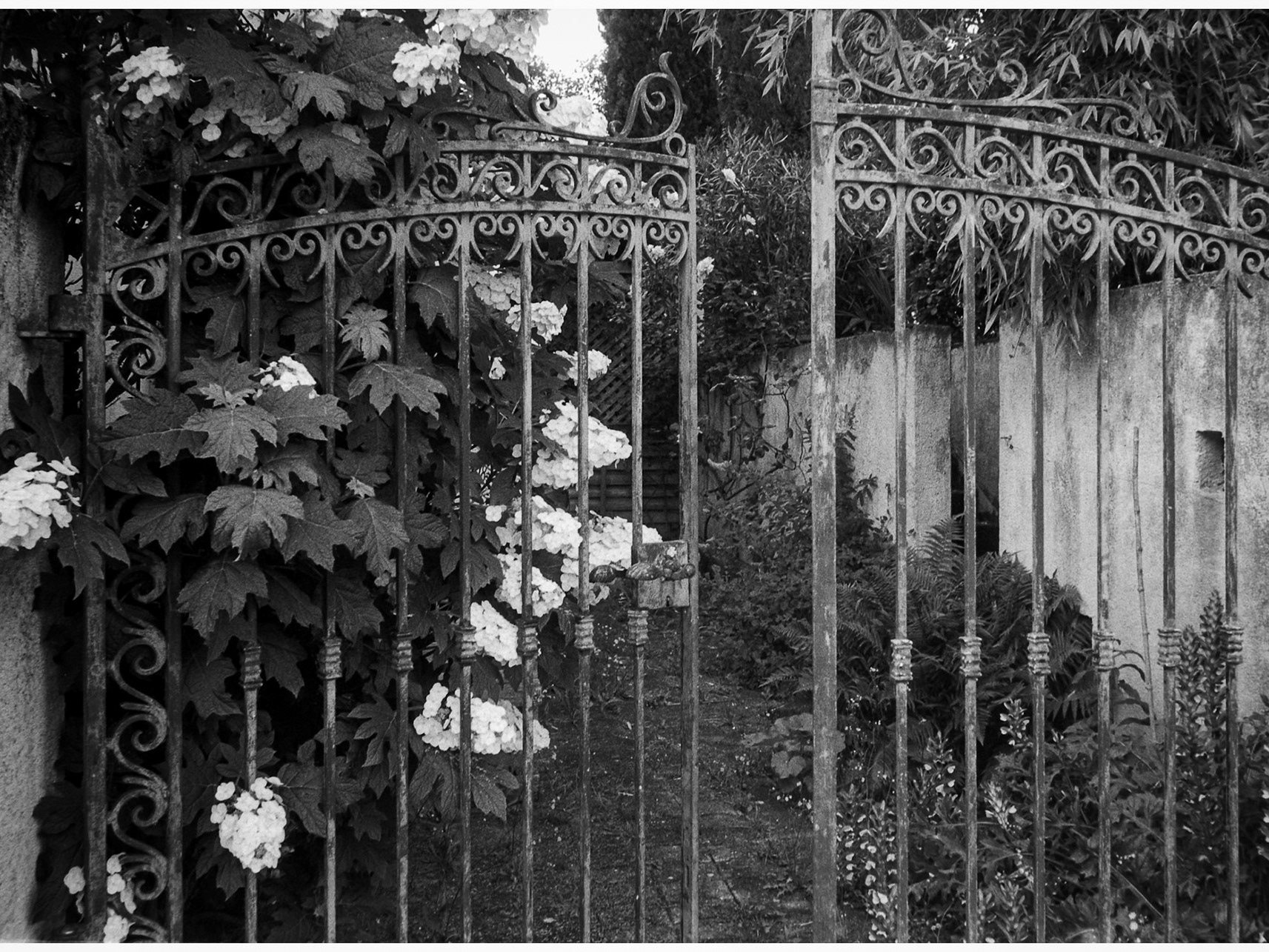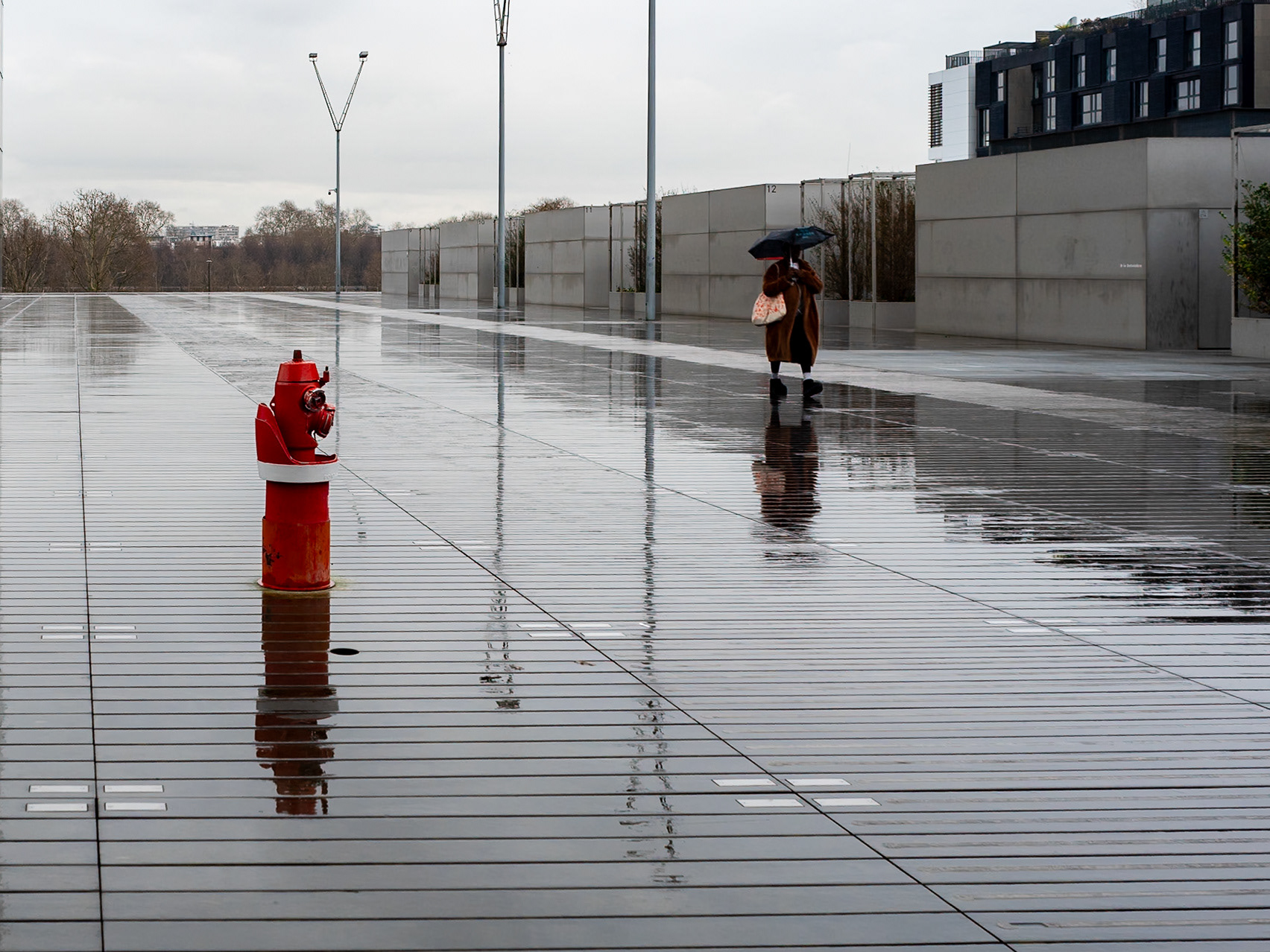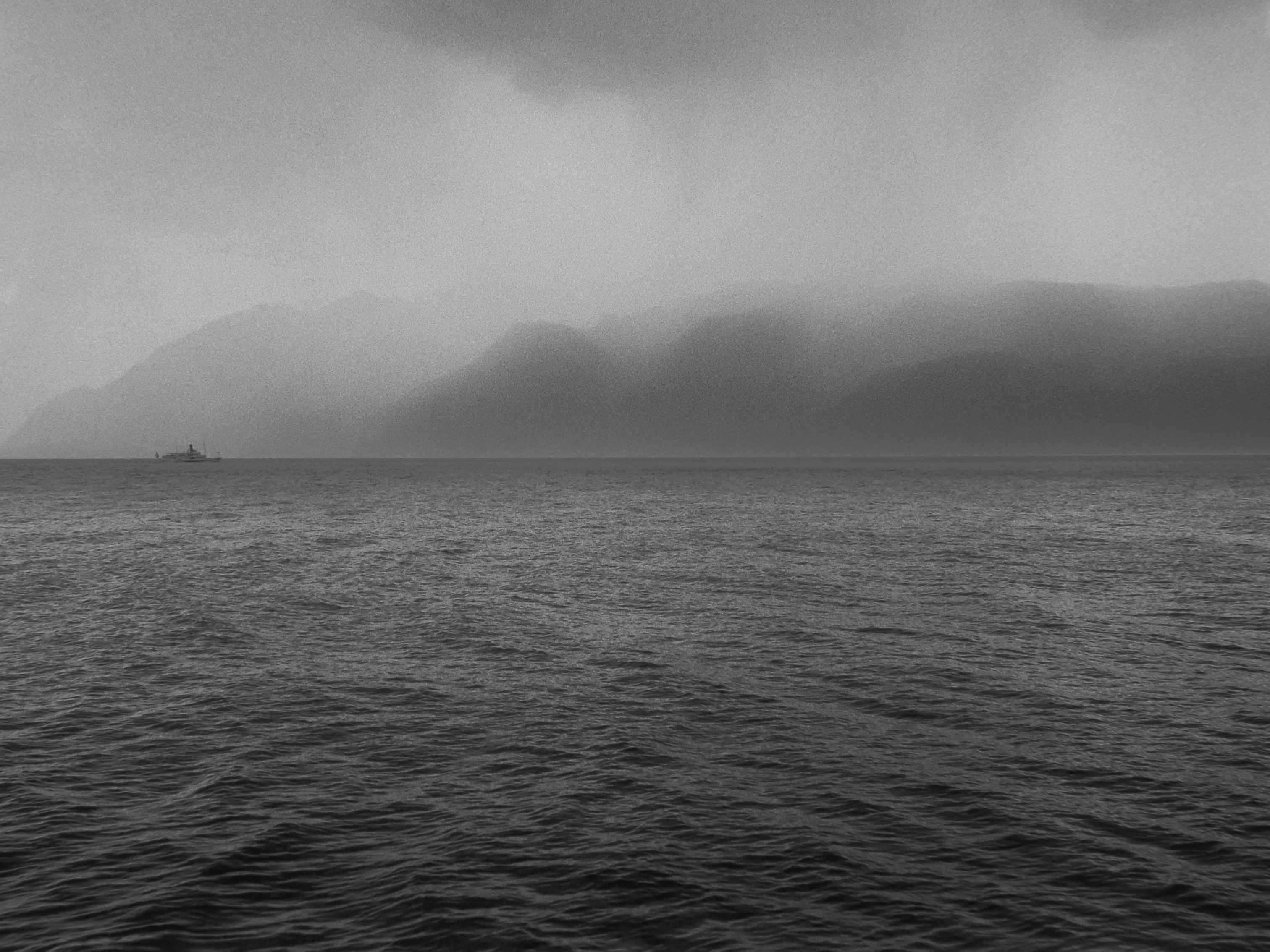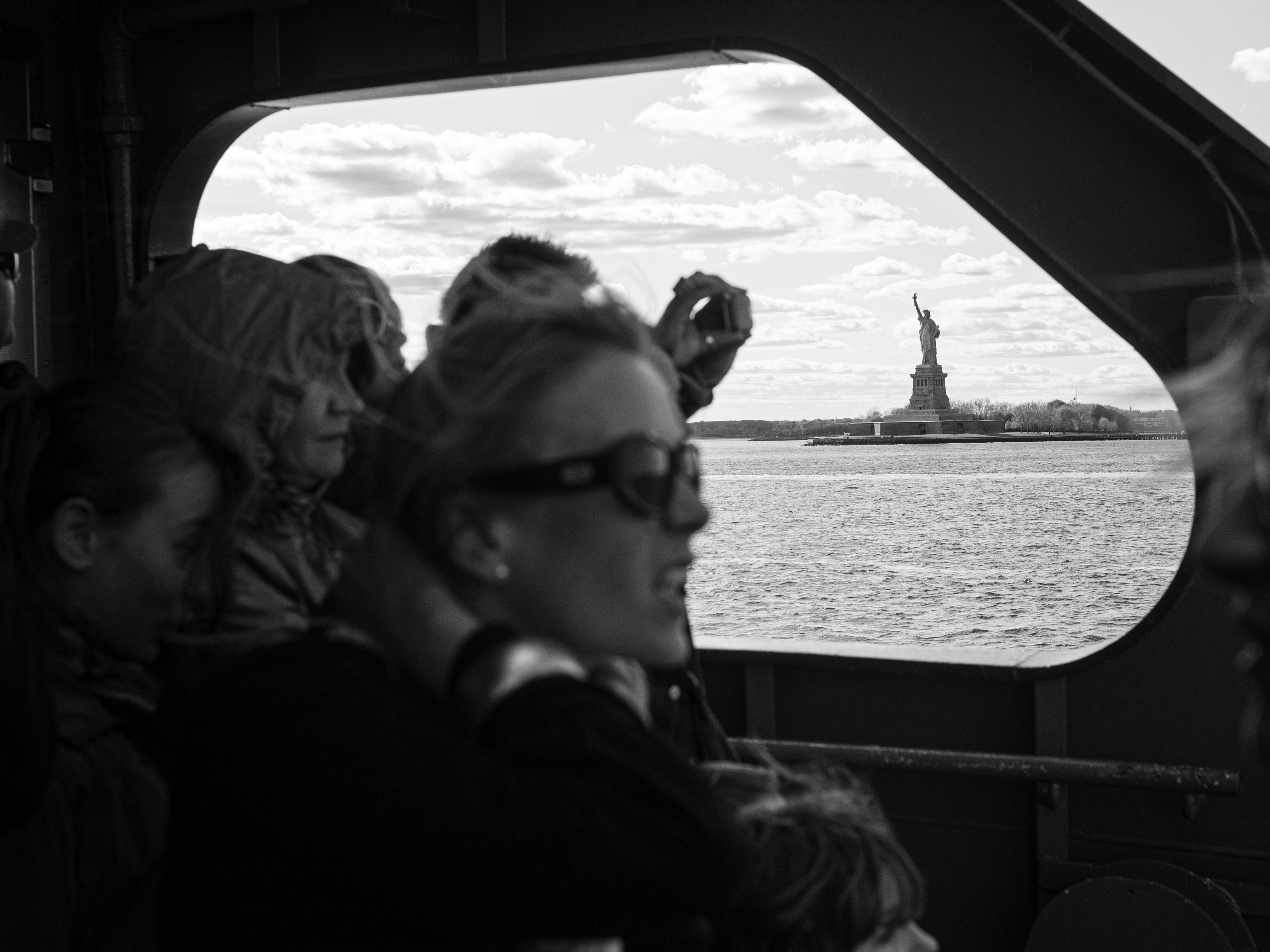Champagne in the promised land, the land of happiness, fortune, the land of a new and better life - that is, before one arrives
In North America
In Israel
In Europe
Champagne on Ellis Island - Moët & Chandon, as the label reads on the photograph Jacques took in this shrine of remembrance; at least one hundred million Americans have ancestors who passed through this island, between the Statue of Liberty and New York city.
Tourists, here’s where your ancestors arrived; as one of the visitors explains : “a very moving experience, since part of my family arrived here. Very educational, lots of pictures on display. To be visited time and again. Never forget the determination and stamina of these people, uprooting themselves…”
Tourists, here’s too where people who fled the country you live in arrived: “ a place steeped in history, which made me uneasy when I thought about all that had happened here, the disillusionment of people who were sent back, especially when hearing about the selection criteria.”
Champagne in Calais, Roissy, on the Mexican border, in Lampedusa, on the other side of the walls raised against the migrants.
Champagne for the Syrians, the Lebanese, the Mexicans, the Eritreans, the Ukrainians, the Palestinians, the Israelis, the Afghans.
Pop
Bubbles, fireworks, “Champagne facilitates wonder” George Sand once wrote.
Let’s raise our glasses, tchin, santé, cheers, salute, за ваше здоровье
On Ellis island, American immigration officers scrutinized the newly arrived for contagious diseases; they placed them in quarantine or, when in doubt, sent them back to their country of origin; that took place in the last century.
A quote is pasted on the Moët and Chandon crate, dated 2009 - long after the island ceased to be a door to America, addressed to all visitors, to each one, but which no one notices except the sharp-eyed photographer, observing the smallest nooks and crannies, and the cleaners who use this recess to store dustpans and bins: Any act of charity, no matter how small, is a love song written to humanity in letters of gold.
October 10th, 2024. As I am observing Jacques’ photograph, the headlines read :
The UN Humanitarian Branch Coordinator for Lebanon, Imran Riza, estimates that 600 000 people have been displaced inside Lebanon, more than half of whom are children.
In Europe, many countries reexamine their criteria for accepting Ukrainian refugees. Norway, Hungary and the Czech Republic have restricted entry to those fleeing the Russian invasion. The Norwegian government announced that they would stop “as of now” granting automatic asylum to all the Ukrainians seeking it. They have also limited the rights of the approximately 85 000 Ukrainians living in this country of 5,6M people.
In Canada, the popularity of Justin Trudeau’s government has plummeted since 2021, when he significantly increased the number of immigrants welcomed each year, across all categories.
I am writing these lines from Zurich Airport, in the departure lounge, waiting to board a flight to Montreal where our family lived for 15 years. We left one year ago. There we became Canadian citizens, a status we hold for life; when I walk through Canadian customs, the officer will hand me my Canadian passport back with the traditional welcoming sentence “Bienvenue chez vous”.
During the ceremony where we were granted, as a family, this second nationality (in addition to our French nationality) we were sitting next to a Pakistani couple. They were crying their hearts out. They told us they were at last reunited with their children after twenty five years of separation. They kissed our daughter and handed me their phone, asking me to take a picture of them with her.
After the ceremony, champagne was offered to the thirty or so new Canadian citizens.
